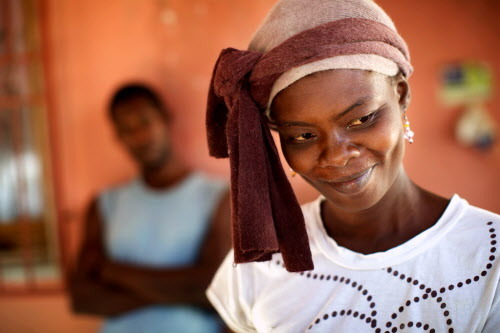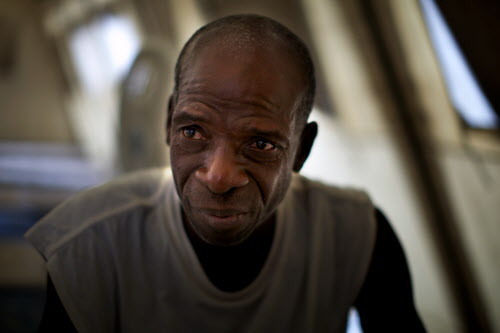Activists Sue U.N. Over Cholera That Killed Thousands In Haiti Human rights activists are suing the
Activists Sue U.N. Over Cholera That Killed Thousands In Haiti Human rights activists are suing the United Nations on behalf of five Haitian families afflicted by cholera — a disease many believe U.N. peacekeeping troops brought to Haiti in the aftermath of the devastating 2010 earthquake there. The lawsuit, filed Wednesday in a New York federal court, challenges the U.N.’s claim that it’s immune from lawsuits arising out of damage done in the course of its activities. The activists say they have no choice but to sue because the U.N. has failed to activate a process that is supposed to deal with such claims. The suit doesn’t specify the amount of compensation the plaintiffs seek. “Most legal observers are pretty confident that the U.N.’s absolute immunity is endangered,”Brian Concannon, one of the plaintiffs’ attorneys, said in an interview with Shots earlier this year. “It certainly has not happened yet, but many people say if there’s a case that would do it, it’s this one because the liability is so clear and the harm is so great.” There’s no disputing the harm that cholera has brought to Haiti. The epidemic there has become the world’s largest and fastest-spreading one involving cholera. The Boston-based Institute for Justice and Democracy in Haiti, which Concannon directs, says more than 685,000 Haitians have been sickened by cholera since October 2010. That’s almost 7 percent of the population. About 8,400 Haitians have died of cholera, a disease unknown in Haiti for at least a century before 2010. About a thousand more die of cholera every year, with no end in sight. “The biggest national cholera outbreak in modern times is still not under control, and it’s happening right on America’s doorstep,” says Dr. Edward Ryan of Massachusetts General Hospital, a past president of the American Society of Tropical Medicine and Health. The Society published Wednesday a special issue of its journal on the Haitian cholera epidemic. Continue reading. Top photo: Fifi Rochnel got cholera in 2011. She says it was terrifying. “I first felt it in my head. And then once I started vomiting, I had diarrhea at the same time. I couldn’t stand up - I was near death." Bottom photo: Joseph Francis, 54, says he came to a Port-au-Prince cholera clinic after becoming so dehydrated he could barely walk. Both photographs by John W. Poole/NPR -- source link
Tumblr Blog : nprglobalhealth.tumblr.com
#global health#medicine#human rights#cholera

